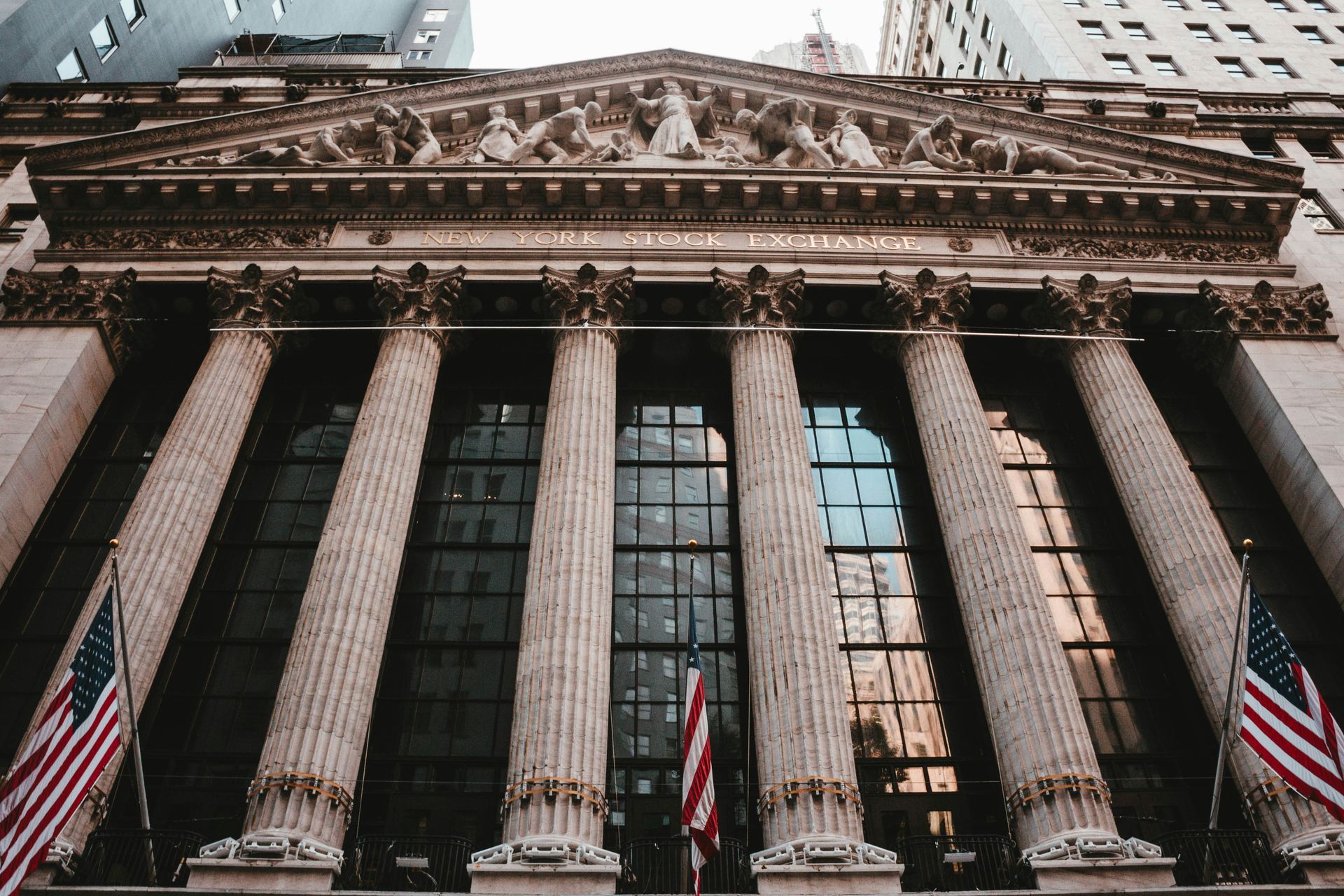Buyback Surge
Over the years, we’ve consistently highlighted the importance of dividends. Today, let's look at another strategy companies use to create value for shareholders: stock buybacks. Until 1982, stock buybacks were illegal because they were considered a form of stock market manipulation. Now they're highly popular and a convincing way for a company to show its commitment to returning capital to shareholders beyond paying a dividend.
So, what is a share buyback? It occurs when a company uses excess cash or debt to purchase its own shares. Buybacks are popular because they reduce the number of shares outstanding, boosting the company's earnings per share. While buybacks don’t directly put cash into shareholders' hands, they can lead to a higher stock price. They are also flexible since companies can implement them at their discretion, unlike dividends, which can be hard to cut once started.
Why discuss this now? Share buybacks surged in the first quarter of 2024, up 16% from the first quarter of 2023, according to the Wall Street Journal. Annual buybacks declined from 2022 to 2023 by the second-largest amount since the 2008 financial crisis due to recession fears and a 1% buyback tax introduced by the Inflation Reduction Act of 2022. This tax, effective in 2023, prompted some companies to accelerate buybacks in 2022. Economic uncertainty in 2023 made companies cautious with cash, but optimism in 2024 led over 400 companies to announce buyback plans.
Recently, many companies, including Apple, Nvidia, Caterpillar, and Altria, announced buyback plans. This continues the trend of increasing share buybacks, which have grown from $300 billion annually for S&P 500 companies in 2010 to a projected $1 trillion in 2025. Buyback announcements are often well-received by shareholders, boosting stock prices. However, the actual implementation can be scrutinized. Just because a company can buy back shares doesn’t mean it should do so immediately. The timing is crucial. If the stock is overvalued, it might not be the best use of capital. Companies should aim to purchase shares at an attractive price.
In conclusion, share repurchases can enhance shareholder value. Along with dividends and reinvesting in the company, they aim to benefit shareholders in the long run.
If you have questions or concerns about your situation, please don’t hesitate to contact us.












